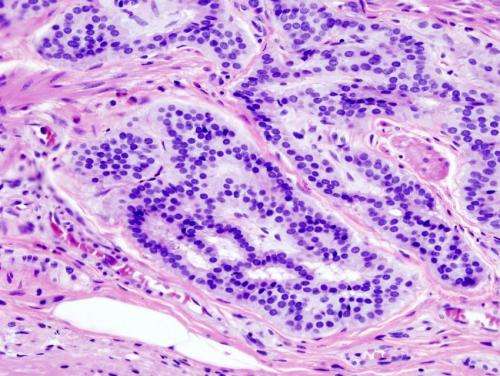
A new American Cancer Society study finds that colorectal cancer (CRC) incidence is increasing exclusively in young adults in nine high-income countries spanning three continents. The study, appearing in the journal Gut, finds the rising rates are in contrast to stable or declining trends in older adults, suggesting that changes in early-life exposures are increasing CRC risk.
Colorectal cancer is the third most commonly diagnosed cancer worldwide, with an estimated 1.8 million new cases in 2018. In general, CRC incidence is rising in low- and middle-income countries but beginning to stabilize or decline in high-income countries, especially those that have implemented screening. However, studies of cancer registry data indicate that favorable overall trends in the United States and Canada are masking an increase in young-onset CRC.
To learn more about contemporary patterns of early onset CRC on a global scale, investigators led by Rebecca Siegel, MPH, analyzed long-term population-based data on CRC occurrence in adults under 50 versus those 50 and older for 43 countries covering six continents using high-quality cancer incidence data from population-based cancer registries.
Of the 36 countries with sufficient numbers of cases to analyze trends, CRC incidence among adults under 50 was stable over the past ten years in 14 countries, decreased in three (Italy, Austria, and Lithuania), and increased in 19. In nine of those 19, the rise in early-onset CRC was in contrast to trends in those 50 and older, which were either dropping (Australia, New Zealand, Canada, Germany, and United States) or stable (Denmark, Slovenia, Sweden, and United Kingdom). In all but one of these countries with long-term data, the uptick in early-onset CRC began in the mid-1990s.
In addition, in three countries (Cyprus, Netherlands, and Norway) where incidence rose in both younger and older age groups, the increase in young adults was twice as steep as that in older adults and also began in the mid-1990s. Early-onset CRC incidence increased most rapidly—by 4.2% per year—in South Korea, where the rate is already highest among all countries analyzed.
Declining incidence in older adults in many countries is partly attributed to CRC screening, which typically emerged over the past two decades and begins between the ages of 50 and 60 years. However, Austria and Italy, two of only three countries where early-onset CRC incidence is declining, have been screening adults beginning at age 40 and 45 years, respectively, since the early 1980s. In both Austria and Italy, declines in CRC under age 50 were confined to ages 40-49 years.
“These patterns potentially signal changes in early-age exposures conducive to large bowel carcinogenesis and highlight an urgent need for research to explore the potentially unique etiology of young-onset CRC,” said Ms. Siegel. “Although the absolute risk of CRC in adults younger than 50 years is low relative to older adults, disease trends in young age groups are a key indicator of recent changes in risk factor exposures and often foreshadow the future cancer burden.”
Source: Read Full Article
